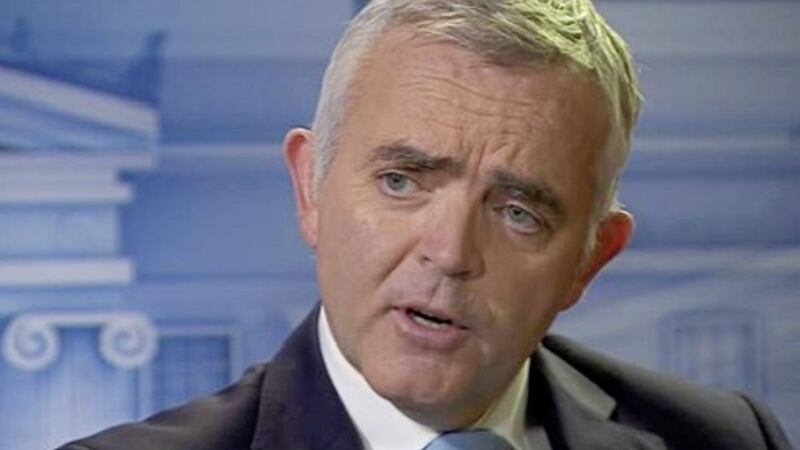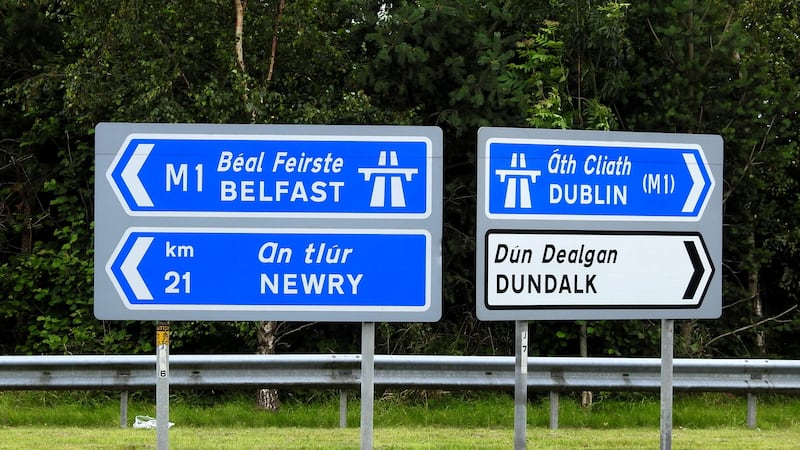NORTHERN Ireland has just had a demonstration of why libel law is necessary.
Arlene Foster has accused former DUP minister Jonathan Bell of bullying "many female colleagues".
Bell has referred all questions on this to a law firm known for libel actions. No reasonable person would contest his right to defend his reputation in this manner.
The News Letter has since reported that while Bell was the minister responsible for the Renewable Heat Incentive scheme, he was also working on a doctorate.
When the paper asked Bell if this might have affected his work, it was also referred to the libel firm.
Some reasonable people may feel this was unnecessary. Could Bell not simply have answered the question?
The UK government is currently pondering a remarkable change to libel law. Section 40 of the Crime and Courts Act, which is awaiting Home Office activation, would require newspapers to pay the full costs of both sides of any defamation or privacy action, even if the newspaper wins.
This is intended to force publications to sign up to the new state-approved press regulator, Impress, whereupon costs would once again be borne only by the losing side.
Impress is funded by the Formula One billionaire Max Mosley, who has issues with the media.
Members of Impress are on record saying they want to ban or bankrupt the Sun, the Daily Mail and the Daily Express for being "fascist".
No mainstream UK newspaper, magazine or website is prepared to submit to this ludicrous organisation. It is like something from an Austin Powers movie, in addition to being one step away from state control.
So a stand-off is coming - the only way press freedom has ever been defended - and the stakes are particularly high in Northern Ireland, for three reasons.
First, our elected representatives fire writs at the media to an unusual extent. It happens in Britain too but only in extremis, otherwise it is considered bad form.
Here, politicians are so quick to threaten solicitors they even do it to each other in the assembly chamber, where they are immune from it.
Second, the DUP has refused to enact libel reform - a 2013 decision it has not satisfactorily explained, but which Lord Lester, who initiated reform across the UK, says only makes sense to enable politicians "to sue newspapers more readily".
There is now a much higher threshold in Britain to have a libel action brought to court, before those win or lose costs start racking up.
Finally, Northern Ireland's media is widely felt to function as `the real opposition'.
Peter Robinson thought this notion was the height of arrogance and it could certainly do with some evidential rigour. Stormont has an official opposition now - arguably more than Westminster can say.
What we can quantify about the media's role in Northern Ireland is that this is the UK region where people are by far the most interested in regional news and most likely to seek it from a regional source, with an above-average choice of such sources by both number and spread of ownership.
However, we are also the UK's smallest and second-poorest region, meaning all this choice rests on a fragile economic base. A range of titles are already on notice that lack of libel reform makes them vulnerable to closure. Section 40 is a potential death-knell.
All that will then remain will be broadcasters and the internet. UTV seems doomed to become an ITV relay station. The RHI story has shown how tenaciously the BBC can lead and pursue investigations but its own journalists would agree that being reduced to one source of news is unhealthy - and the BBC is ultimately a state broadcaster, which Stormont aspires to regulate.
So that leaves the internet. From the silence of Northern Ireland's rights sector on press freedom we must assume it agrees with Impress - making right-wing people shut up will herald a glorious progressive future.
Perhaps it should look around the rest of the world and see how that is working out.









